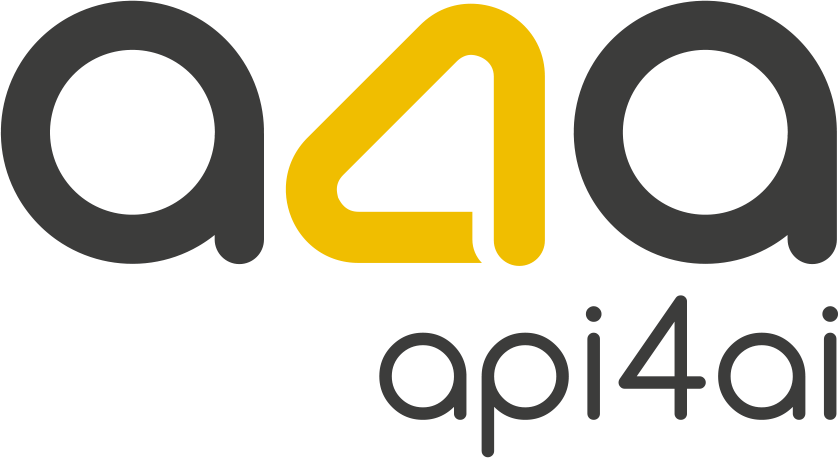
The Role of AI in Improving Vehicle Recognition for Parking Management
AI-powered vehicle recognition is revolutionizing parking management by improving efficiency, enhancing security, and providing a seamless customer experience. From automating ticketing and fee collection to offering real-time updates on parking availability, AI-driven systems are transforming how parking facilities operate. As smart cities emerge, AI will play a crucial role in creating more sustainable, efficient urban environments, integrating parking solutions into broader infrastructure and paving the way for the future of mobility.
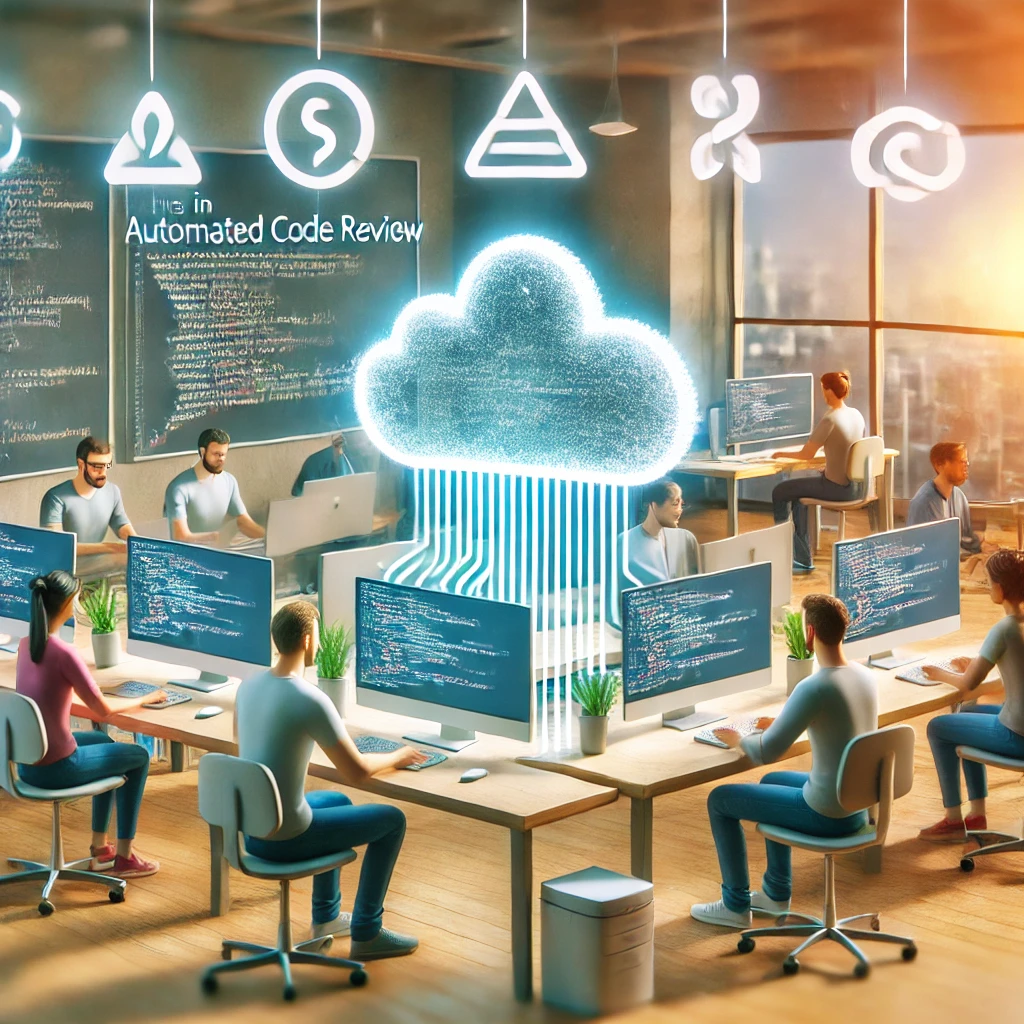
LLMs in Automated Code Review: Transforming Software Development
As software development grows more complex, ensuring high-quality code while meeting tight deadlines becomes increasingly challenging. Large Language Models (LLMs) are revolutionizing code review by automating routine checks, accelerating feedback, and enhancing software quality. These AI-powered tools, integrated into popular platforms like GitLab, provide fast, consistent and actionable insights directly within CI/CD workflows. While not a replacement for human expertise, LLMs complement developers by catching bugs, recommending refactorings, and even identifying security vulnerabilities early. In this post, we explore how LLM-powered tools are reshaping development practices, their benefits in Agile and DevOps environments and what the future holds for AI-driven software quality.

AI in Supply Chain: Automating Product Identification with Image Labeling
AI-powered image labeling is revolutionizing supply chain management by automating product identification, enhancing accuracy, and optimizing workflows. From warehouse automation to logistics and quality control, AI helps businesses reduce human error, improve efficiency, and gain real-time insights into their operations. As companies look to stay competitive in a fast-paced market, integrating AI into supply chain strategies can unlock new levels of efficiency, reduce costs, and ensure long-term success in managing complex supply chains.
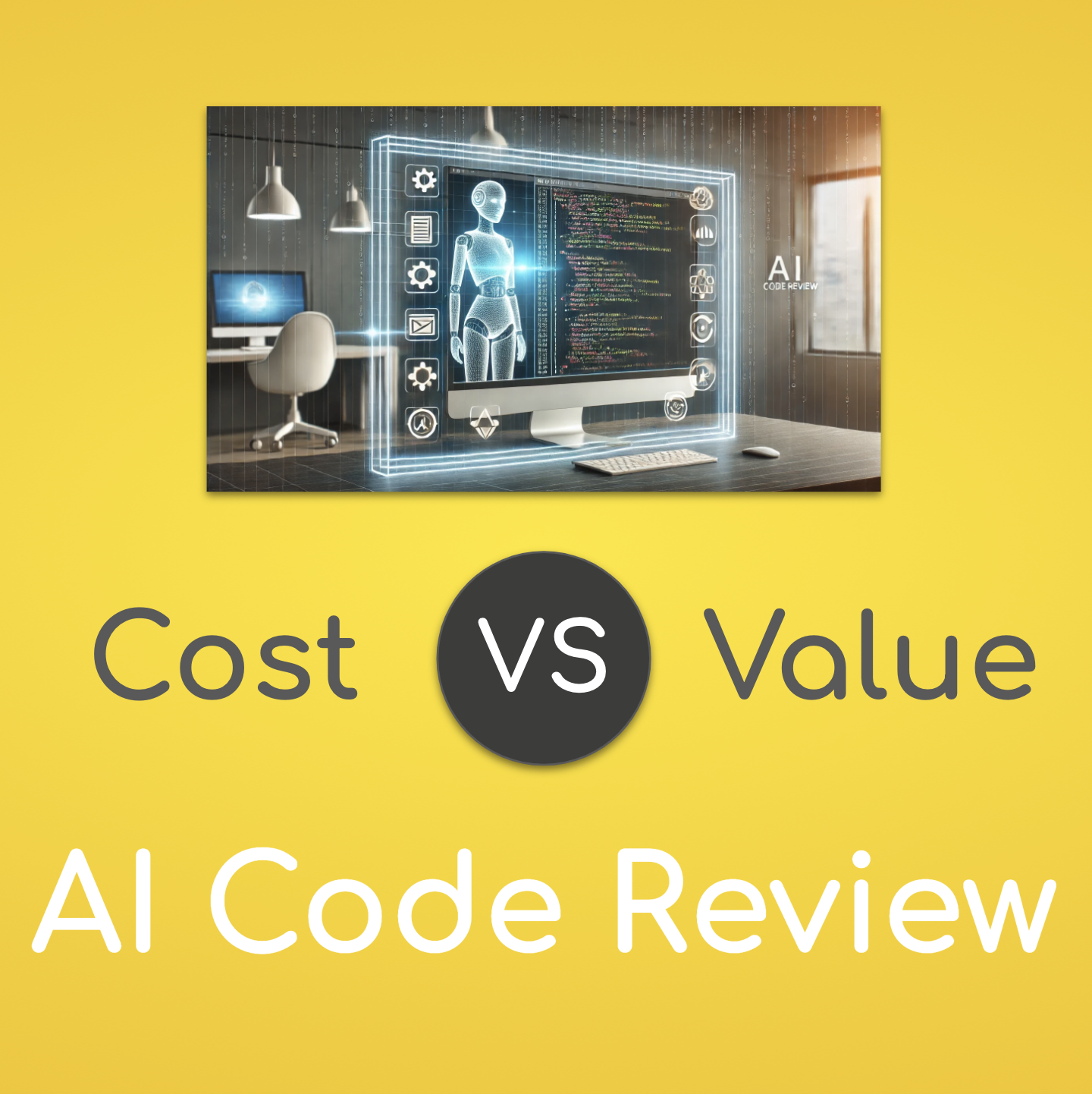
AI-Powered Code Review: Is It Worth Paying For?
With software development becoming faster and more complex, ensuring code quality is more essential than ever. However, traditional code reviews can cause delays and inconsistencies. AI-powered tools offer a solution by automating routine tasks, providing instant feedback and ensuring consistent quality. Integrated with platforms like GitLab, these tools help teams detect bugs, enforce standards and optimize performance efficiently.
This post explores the benefits of AI-powered code review, such as time and cost savings and how AI works alongside human reviewers. We also address common concerns like false positives and privacy and discuss emerging trends such as adaptive AI models. Discover if investing in AI-powered code review is the key to enhancing your development process and staying competitive.

AI-Powered Image Anonymization for Protecting User Privacy in Digital Platforms
As digital platforms handle increasing amounts of visual data, protecting user privacy has never been more critical. AI-powered image anonymization offers a powerful solution, enabling businesses to automatically detect and obscure sensitive information, such as faces or license plates, in real time. By adopting AI-driven privacy solutions, industries can ensure compliance with evolving privacy regulations like GDPR while building trust with their users. Embracing this technology is essential for creating a privacy-first future, where both security and user confidence are prioritized across digital platforms.
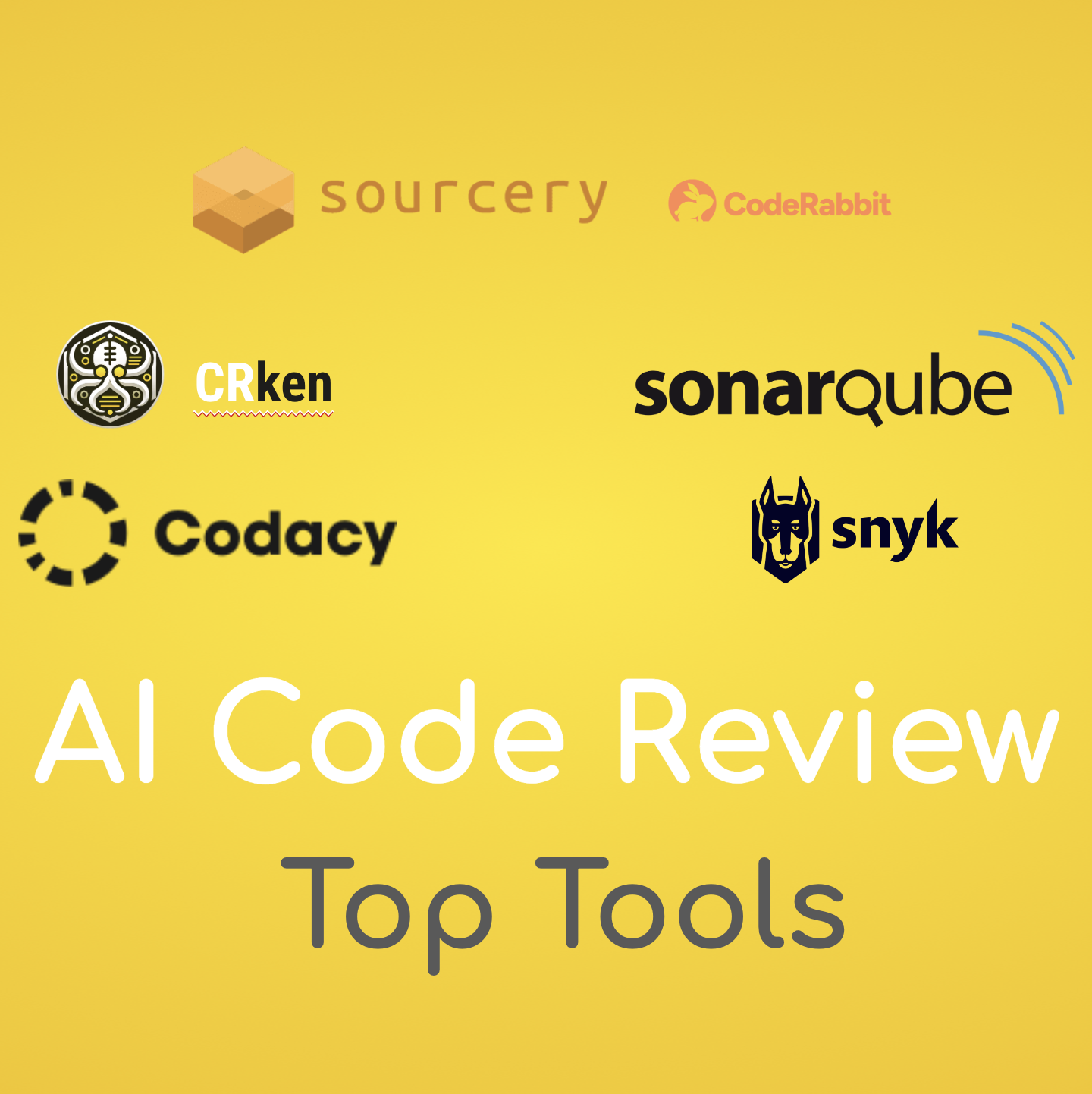
Top AI Tools for Code Review
AI-powered code review tools are revolutionizing the way development teams ensure code quality, improving efficiency, consistency, and collaboration. These tools leverage machine learning and large language models (LLMs) to automate code analysis, catch bugs, and provide context-aware suggestions that boost productivity. In this blog post, we explore the top AI tools for code review, compare their features, and discuss how they can transform your development workflow. Whether you’re looking to enhance code quality or streamline the review process, choosing the right AI tool can significantly elevate your software development efforts.

Improving Compliance with AI-Powered OCR in Financial Services
In today’s fast-paced financial landscape, regulatory compliance is more challenging than ever. AI-powered OCR offers a game-changing solution, automating the extraction and verification of data from financial documents, enabling institutions to streamline their compliance processes. By reducing manual labor, minimizing errors, and ensuring real-time monitoring, AI-driven solutions help financial institutions meet regulatory demands efficiently and accurately. As compliance requirements evolve, embracing AI compliance solutions can help financial institutions stay ahead, reduce costs, and boost operational efficiency, ensuring long-term success.
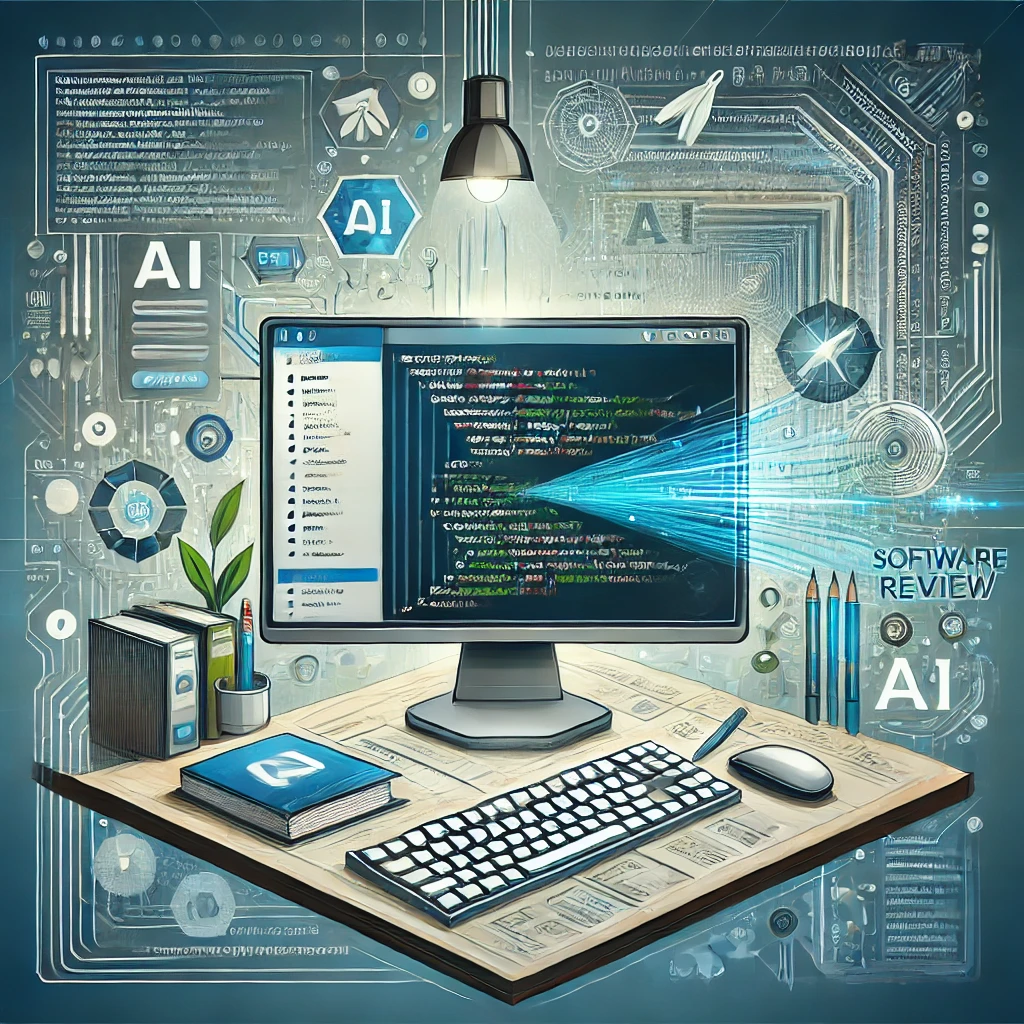
How AI Code Review Tools Improve Software Quality
In the ever-evolving world of software development, maintaining high software quality is a growing challenge. AI-powered code review tools offer a game-changing solution by automating routine checks, detecting bugs and reducing technical debt. These tools enhance the efficiency of development teams, allowing developers to focus on complex problems while ensuring that coding standards are consistently applied. From improving productivity to accelerating time-to-market, AI-powered code reviews are becoming a strategic asset for developers, tech leads and CTOs who are looking to deliver better software faster.

AI-Powered Alcohol Label Recognition for Streamlining Inventory in Bars and Restaurants
AI-powered alcohol label recognition is revolutionizing inventory management in bars and restaurants by automating the tracking of alcohol stock, reducing errors, and optimizing stock levels. With advanced technologies like OCR, object detection, and machine learning, these systems provide real-time inventory updates, streamline operations, and cut down on waste. As the hospitality industry continues to adopt AI solutions, businesses can expect to see greater efficiency, cost savings, and enhanced customer experiences, positioning AI as a crucial tool for the future of the food and beverage sector.

The Future of Face Analysis in Event Management and Access Control
As the events industry embraces AI-powered face analysis, the way we manage and secure large-scale gatherings is evolving. From streamlining guest check-ins to enhancing security and providing personalized experiences, face recognition technology is becoming a game-changer in event management. With AI's ability to automate access control and offer real-time insights, event planners can operate more efficiently while delivering seamless and engaging experiences for attendees. As this technology continues to advance, the future of events will be driven by AI, offering smarter, more secure, and personalized interactions for all.
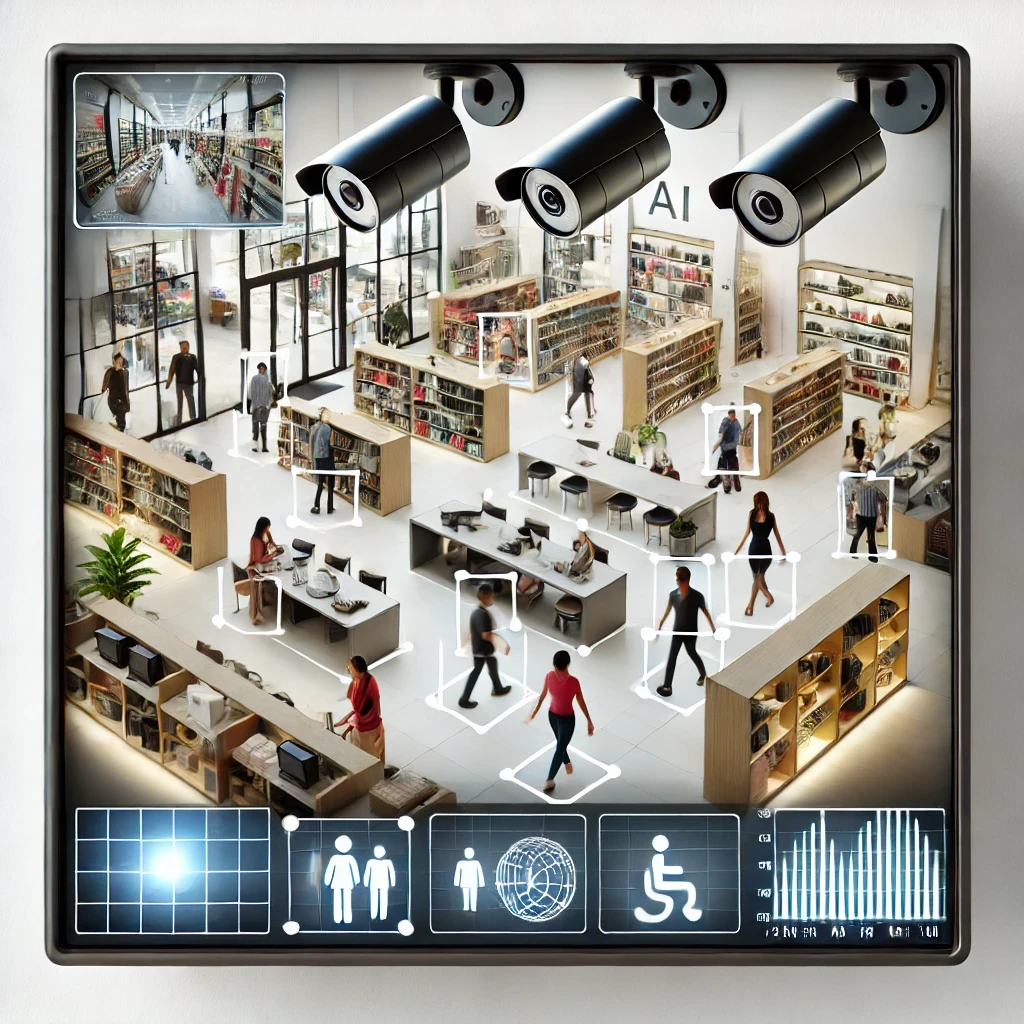
How AI-Driven Object Detection Enhances Security in Retail Environments
AI-driven object detection is transforming retail security by providing enhanced surveillance accuracy, real-time threat detection, and proactive theft prevention. As retailers face evolving challenges such as shoplifting and organized crime, AI technology offers a powerful solution that integrates seamlessly with existing systems. With its ability to quickly identify suspicious behaviors and reduce manual monitoring, AI is essential for creating safer, more secure retail environments. As the future of retail security continues to evolve, adopting AI-driven solutions will be key to staying ahead of potential threats and optimizing store operations.

AI-Powered Background Removal in Photography: Transforming Post-Production Workflows
AI-powered background removal is revolutionizing photography post-production, offering faster, more precise, and scalable solutions for photographers, businesses, and creatives. In this blog post, we explore how AI tools are transforming traditional workflows by automating the tedious task of background removal, enabling professionals to focus more on creativity. From e-commerce to portrait photography and marketing campaigns, discover the impact of AI-powered image processing and the future of AI in photography, including real-time background removal and integration with AR/VR technologies

The Role of AI in Content Moderation: Detecting NSFW Content with Image Processing
AI-powered image processing has become a crucial tool for content moderation, particularly in detecting NSFW content. By leveraging advanced techniques such as object detection, feature extraction, and pattern recognition, AI systems can automatically analyze and flag inappropriate content, ensuring platforms maintain safe and respectful environments. As the volume of user-generated content grows, AI enables faster, more accurate, and scalable moderation, reducing the need for extensive human oversight while improving the user experience. This post explores how AI is revolutionizing NSFW content detection across various industries.

AI-Powered OCR for Simplifying Paperwork in Healthcare Administration
AI-powered OCR is transforming healthcare administration by simplifying the management of medical paperwork. Through automation, this technology reduces manual data entry errors, enhances efficiency, and ensures secure handling of sensitive patient information. As healthcare providers adopt AI-OCR, they can streamline administrative tasks, reduce costs, and focus more on delivering quality patient care. Looking forward, AI technologies like OCR are set to play a critical role in shaping the future of healthcare, driving innovation in areas such as telemedicine, personalized treatments, and medical research.
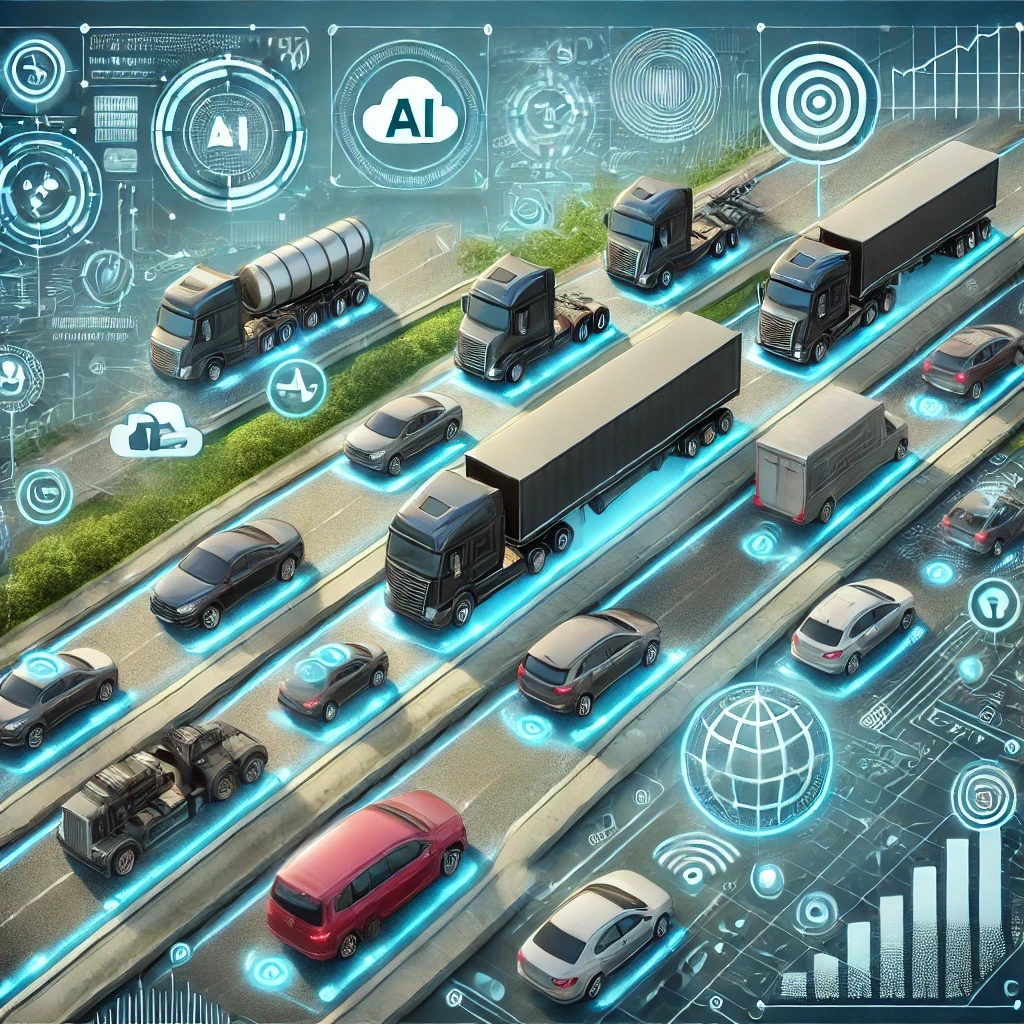
How AI-Powered Image Recognition Improves Fleet Management in Transportation
AI-powered image recognition is revolutionizing fleet management by enhancing vehicle monitoring, improving driver safety, streamlining documentation, and optimizing route planning. Through automated visual inspections, real-time asset tracking, and predictive maintenance, fleet operators can reduce costs, increase efficiency, and improve sustainability. As the future of transportation evolves with innovations in AI, fleets will become smarter, safer, and more autonomous, positioning AI image recognition as a vital technology for managing modern logistics.

Aerospace Safety and Maintenance: The Role of AI-Powered Image Processing APIs
The aerospace industry is undergoing a transformation, with AI-powered image processing technologies revolutionizing safety and maintenance practices. By automating tasks such as defect detection, predictive maintenance, and structural health monitoring, AI is enhancing the accuracy and efficiency of inspections while reducing downtime and operational costs. As the industry adopts AI-driven solutions, the future of aerospace safety is becoming more proactive and data-driven, ensuring long-term durability, reliability, and compliance. Discover how AI-powered technologies are reshaping the aerospace sector, driving it towards a safer, more efficient future.

How AI Image Recognition APIs Are Transforming Fashion Retail and Online Shopping
AI image recognition is revolutionizing fashion retail, offering a range of benefits that enhance the shopping experience and streamline operations. From enabling visual search and personalized recommendations to automating product tagging and returns, AI-powered technologies are transforming how consumers interact with fashion online. As retailers increasingly adopt these innovations, they can deliver more personalized, inclusive, and efficient shopping experiences, driving customer satisfaction and sales. Explore how AI image recognition is shaping the future of fashion retail and opening new possibilities for both brands and consumers.

Why AI Visual Search Is Key to Personalization in E-Commerce
AI visual search is revolutionizing the e-commerce industry by providing a more intuitive and personalized shopping experience. Instead of relying on traditional keyword-based searches, customers can now upload images to find visually similar products in seconds. This shift not only enhances product discovery but also drives customer engagement and loyalty. As AI in e-commerce evolves with technologies like augmented reality and advanced computer vision, adopting visual search is essential for retailers looking to stay competitive and meet the growing demand for personalized shopping experiences.

Environmental Monitoring with AI: The Role of Image Processing APIs in Conservation
As environmental challenges like deforestation, climate change, and wildlife extinction continue to escalate, innovative solutions are essential to protect our planet. AI-powered image processing technologies are transforming conservation efforts by providing faster, more accurate tools for monitoring ecosystems, tracking wildlife, and detecting environmental changes in real-time. With advancements in AI in conservation, including drone technology and object detection, conservationists can now act more swiftly and effectively to safeguard biodiversity. Learn how these technologies are shaping the future of environmental monitoring and the protection of our natural world.

How AI Image Processing APIs Are Transforming Content Creation in the Entertainment Industry
AI-powered image processing is transforming the entertainment industry, streamlining content creation and enhancing creativity. From visual effects (VFX) and post-production workflows to personalized content and accessibility features, AI tools are helping creators produce high-quality media more efficiently. By automating repetitive tasks, AI empowers professionals to focus on innovation, delivering dynamic and engaging experiences to audiences. Embracing AI in content creation isn’t about replacing human creativity — it’s about augmenting it for a more productive and imaginative future in media production.
